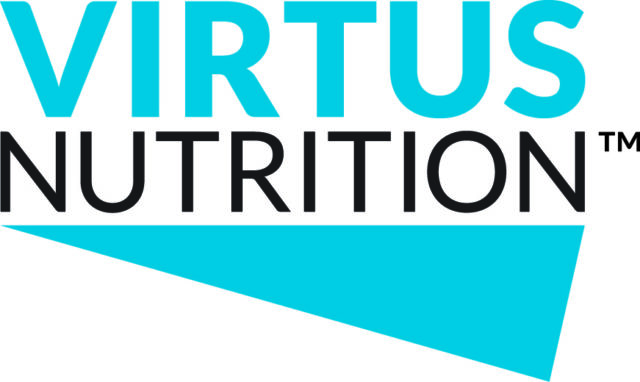As demand for low-spore raw milk increases, and with it prospects for premiums, the dairy industry needs evidence-based recommendations to give producers the tools to take advantage of this opportunity.
Research by the Milk Quality Improvement Program (MQIP) at Cornell University is aimed at understanding spore sources, farm practices associated with the transmission of spores into raw milk, and providing a set of best practices to producers to achieve low-spore raw milk.
Many dairy products are highly perishable, especially fluid milk. Research suggests that about half of fluid milk spoilage is due to psychrotolerant (cold growing) sporeforming bacteria, organisms with the capability to form a resistant spore structure that allows them to survive harsh environmental conditions.
In addition, the anaerobic sporeforming bacteria Clostridium sp. can cause late-blowing in cheese. And, sporeforming bacteria can cause spoilage and defects in products manufactured using dairy powders as ingredients.
Spores typically enter raw milk where they are found ubiquitously in the farm environment (feed, bedding, soil).
These bacteria can withstand harsh conditions, which allows them to survive processing from raw milk into dairy products and ingredients, including thermal (pasteurization) and mechanical (spray drying) processes. Bacterial spores can persist for extensive lengths of time.
Once conditions are favorable, they can germinate and grow, and cause spoilage and defects in various dairy products.
With the growing demand for higher quality finished products that have longer shelf lives, and can be distributed further and to new markets, dairy processors are becoming more concerned with reducing spore counts in raw milk.
Some processors have begun to offer premiums to producers who supply low spore count raw milk for certain applications. Farmers, researchers, and dairy processors are all wondering: What can farmers do to reduce or prevent spores from entering raw milk?
While sporeforming bacteria are ubiquitous in the farm environment, management practices and farm level factors in the housing area and milking parlor appear to play an important role in the transmission of spores into the raw milk supply.
Recent studies led by MQIP researchers suggest that presence and levels of spores in bulk tank raw milk are associated with 1) bedding practices, 2) housing area characteristics and management, and 3) cow-level factors.
Building on these studies, MQIP research is focused on measuring the impact of implementing intervention strategies at the farm level to disrupt the transfer of spores into the bulk tank raw milk from the environment.
These strategies involve: training milking staff to focus on teat end cleaning during milking preparation (Fig 1.1) and implementing changes in laundered towel preparation (use of detergent, chlorine bleach and drying) (Fig 1.2).
 Preliminary analysis of the data collected from this study shows an approximate spore reduction of 40 percent for mesophilic and thermophilic spore counts.
Preliminary analysis of the data collected from this study shows an approximate spore reduction of 40 percent for mesophilic and thermophilic spore counts.
PHOTO: Training milking staff to focus on teat end cleaning during milking preparation (1) and implementing changes in laundered towel preparation (use of detergent, chlorine bleach and drying) (2) can reduce transfer of spores into the bulk milk tank.
Visit the MQIP website: Food safety laboratory and milk quality improvement program.
For information on MQIP’s On-Farm Rapid Response Team, contact Nicole Martin.
Rachel Evanowski is an M.S. student in Animal Science at Cornell. Email Rachel Evanowski. Sarah Murphy is a Ph.D. student in Food Science and Technology at Cornell University. Email Sarah Murphy.
This article appeared in PRO-DAIRY’s The Manager in July 2018. To learn more about Cornell CALS PRO-DAIRY program, visit PRO-DAIRY Cornell CALS.




